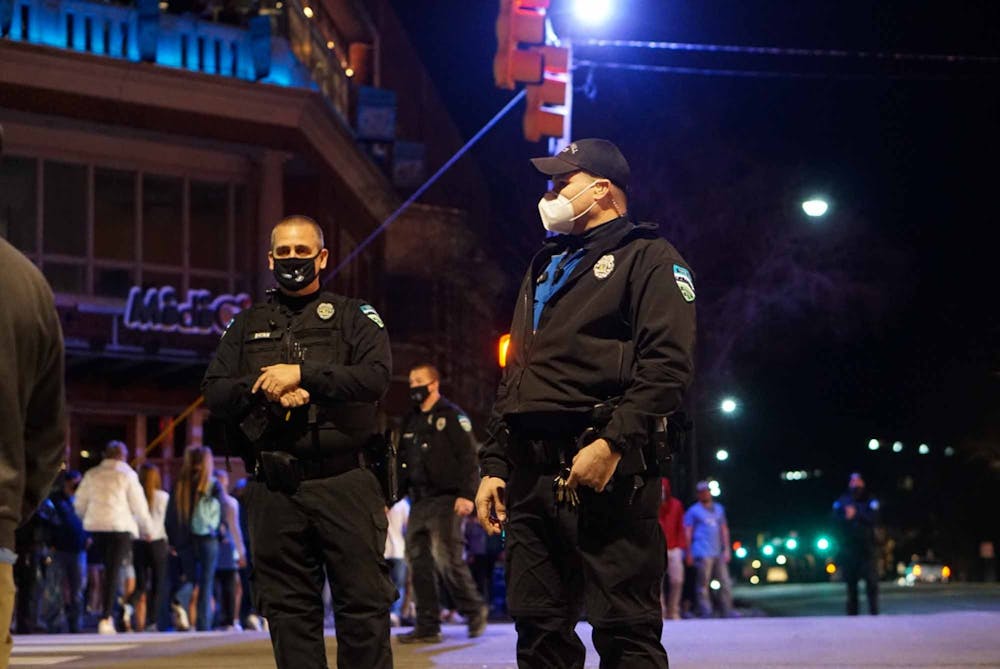A new bipartisan criminal justice reform bill was signed into law by Gov. Roy Cooper on Sept. 2, but the ACLU of North Carolina said it falls short of addressing systemic racism at the base of the criminal justice system.
Senate Bill 300 covers a slew of provisions that aim to standardize law enforcement processes, increase officer accountability and establish a new line of trust between the public and police.
S.B. 300 will establish minimum educational and training standards for law enforcement officers that must be met in order to qualify for employment. Additionally, every officer will be required to undergo two hours of mental health awareness training every three years.
A statewide decertification database that details officer suspensions and revocations will be created. The database will be accessible to the public.
S.B. 300 will also require officers to intervene and report their fellow officers if they use excessive force. Officers have 72 hours to report any instances of misconduct to a superior.
Advocate concerns
Though these reforms — as well as dozens more outlined in the bill — passed unanimously in the N.C. General Assembly, some advocates have said S.B. 300 still falls short of creating truly transformative change.
In a recent press release, the ACLU of North Carolina said that while S.B. 300 will make several updates to police oversight, it fails to address more significant concerns like transparency, police accountability and racial equity within the criminal justice system.
Daniel Bowes, director of policy and advocacy at the ACLU of North Carolina, said S.B. 300 relies too heavily on the idea that the failings of the criminal legal system are due to a “few rogue officers,” instead of centuries of systematic racism.




